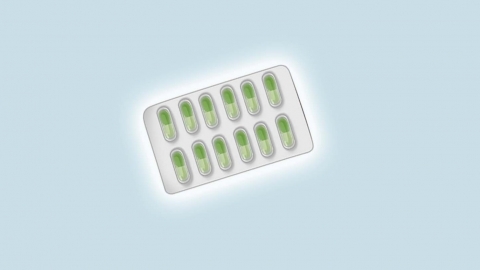Can I take ibuprofen for menstrual cramps and gastroenteritis pain?
Gastroenteritis usually refers to inflammation of the stomach and intestines. Whether ibuprofen can be taken for menstrual cramps during gastroenteritis generally depends on the severity of the gastroenteritis. It may be cautiously used if symptoms are mild and there is no significant gastrointestinal discomfort; however, it is not recommended if symptoms are severe with obvious vomiting and diarrhea. The specific analysis is as follows:

If gastroenteritis symptoms are mild—such as slight bloating and occasional loose stools without severe vomiting—and menstrual pain is significant, ibuprofen may be taken after meals to reduce irritation to the gastric mucosa while helping relieve menstrual pain.
When gastroenteritis is more severe, with frequent vomiting, diarrhea, and significant abdominal pain, taking ibuprofen is not advised. The medication may further irritate the gastrointestinal mucosa, worsening symptoms such as nausea and abdominal pain. Additionally, vomiting may impair drug absorption, making it ineffective in relieving menstrual pain.
In daily life, it's important to keep the abdomen warm during menstruation to avoid cold exposure that could worsen cramps. Diet should consist of light, easily digestible foods, avoiding spicy or raw/cold foods that may irritate the gastrointestinal tract or exacerbate menstrual pain. Applying heat to the abdomen or drinking warm water may help alleviate menstrual discomfort. During gastroenteritis, adequate fluid intake is essential to prevent dehydration.








